Find Help
More Items From Ergsy search
-

Why do men get prostate cancer?
Relevance: 100%
-

What is Prostate Cancer?
Relevance: 82%
-

Living with prostate cancer
Relevance: 80%
-
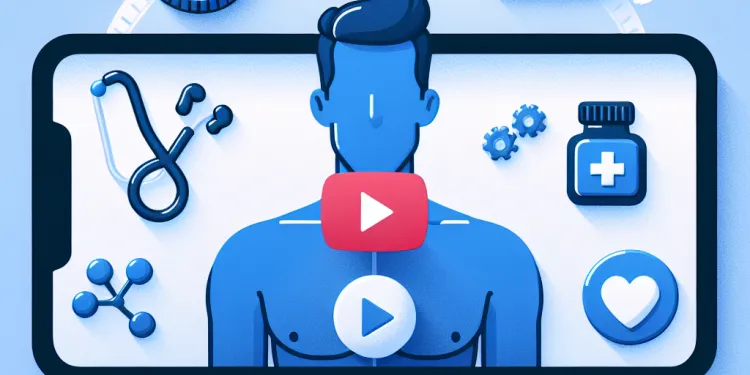
Am I more at risk of prostate cancer?
Relevance: 79%
-

Is BPH the same as prostate cancer?
Relevance: 75%
-

Treating prostate cancer
Relevance: 75%
-

Prostate cancer diagnosis and tests
Relevance: 74%
-

What are PSA levels? - Prostate Cancer
Relevance: 73%
-

How is prostate cancer treated?
Relevance: 72%
-
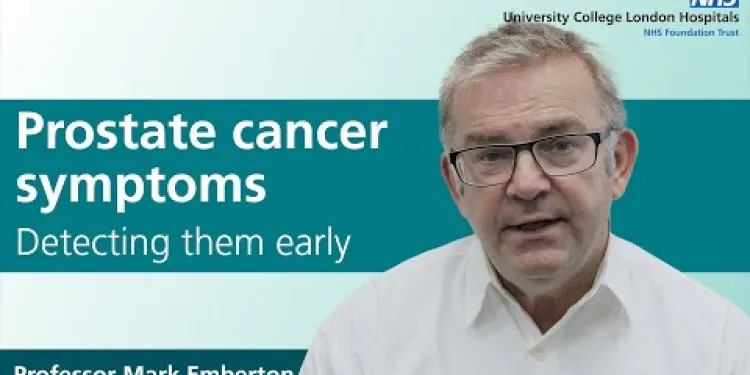
Prostate cancer symptoms - detecting them early
Relevance: 71%
-

Does BPH increase the risk of prostate cancer?
Relevance: 71%
-
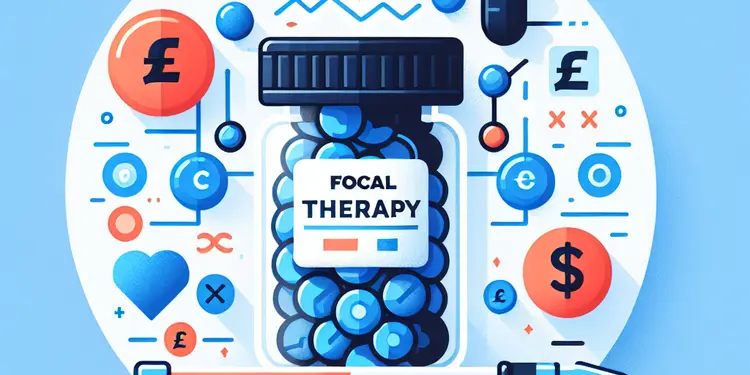
Is focal therapy an option for prostate cancer?
Relevance: 70%
-
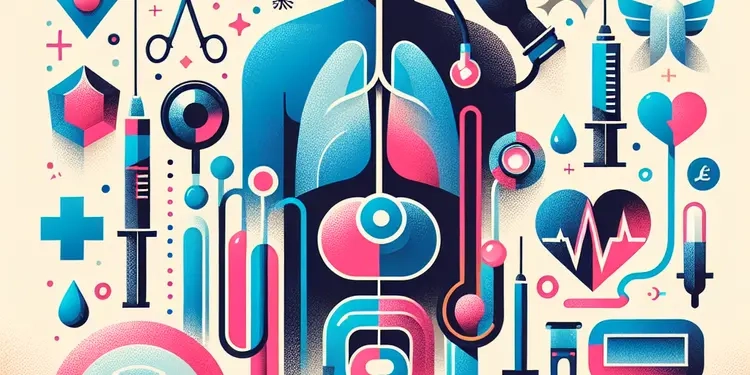
What are the side effects of prostate cancer surgery?
Relevance: 69%
-
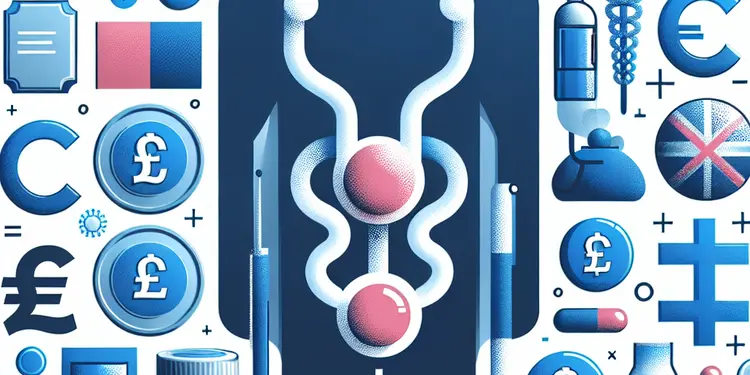
Does Abiraterone cure prostate cancer?
Relevance: 69%
-
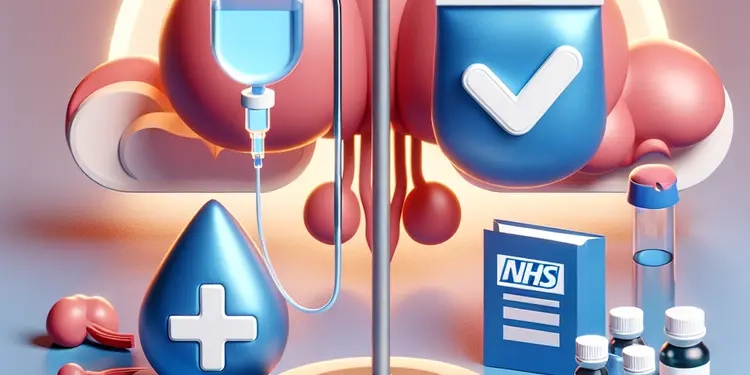
When is chemotherapy used for prostate cancer?
Relevance: 69%
-

Can prostate cancer recur after treatment?
Relevance: 69%
-
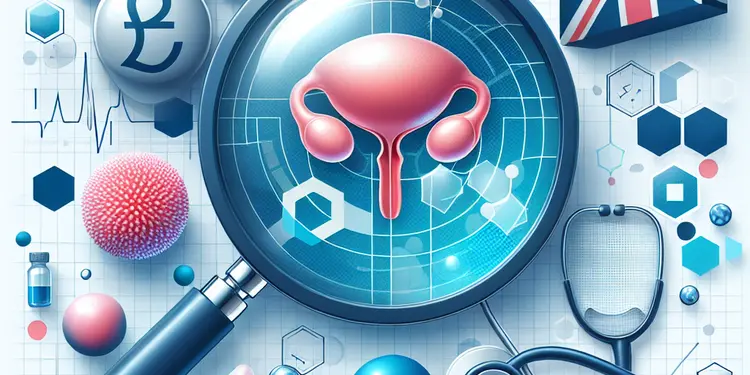
What is active surveillance in prostate cancer treatment?
Relevance: 68%
-
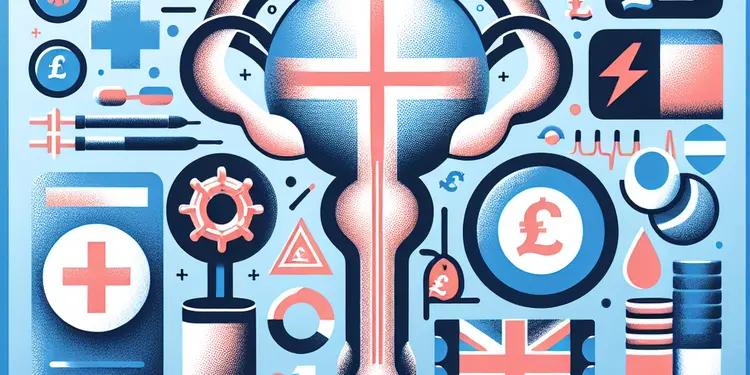
Can Abiraterone be used for early-stage prostate cancer?
Relevance: 68%
-
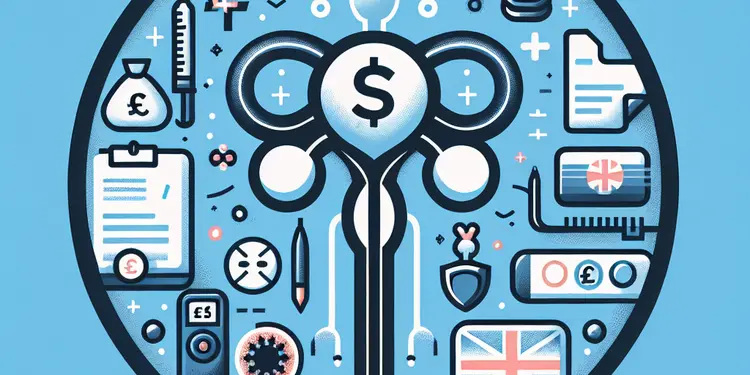
How is advanced prostate cancer treated?
Relevance: 67%
-

What is the role of immunotherapy in prostate cancer treatment?
Relevance: 67%
-

How does surgery treat prostate cancer?
Relevance: 66%
-

Can lifestyle changes complement prostate cancer treatment?
Relevance: 65%
-
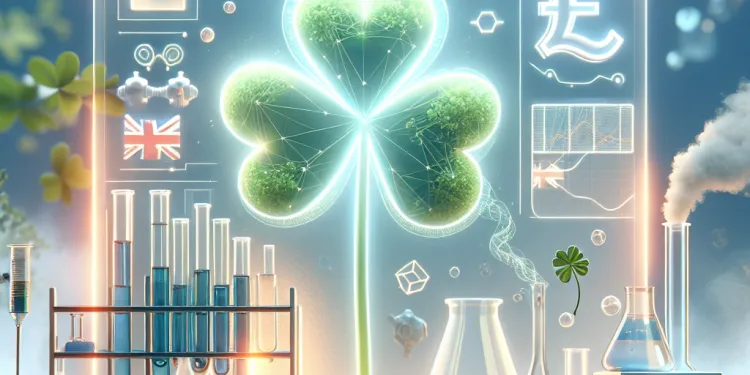
Breakthrough in Cancer Treatment Offers Hope for Prostate Cancer Patients
Relevance: 65%
-
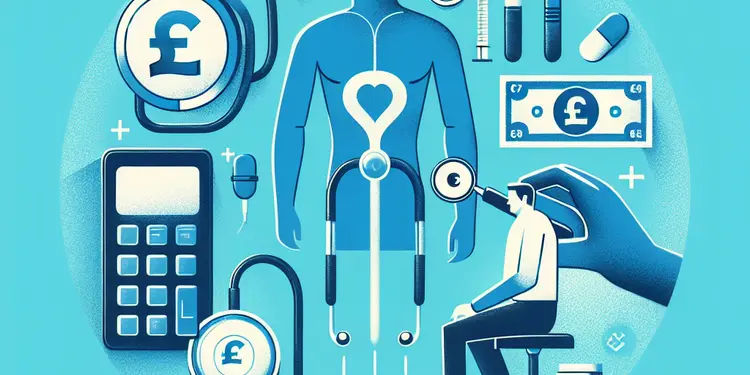
Are there clinical trials available for prostate cancer treatment?
Relevance: 64%
-
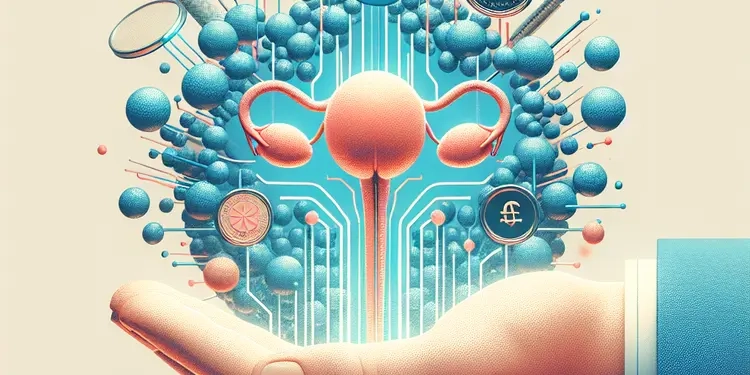
Can prostate cancer be treated with targeted therapy?
Relevance: 63%
-

What factors determine the treatment plan for prostate cancer?
Relevance: 63%
-
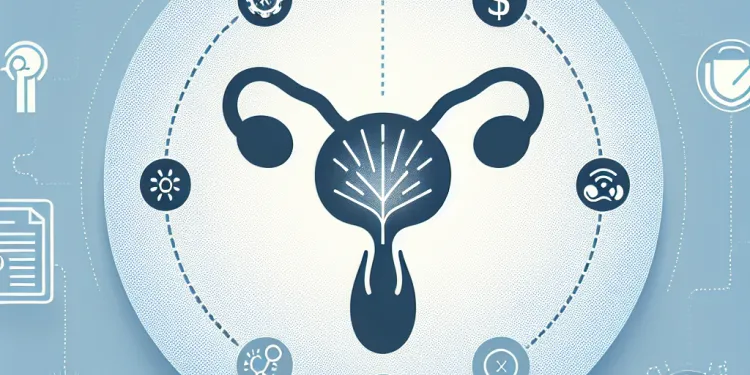
Hormone Therapy for prostate cancer
Relevance: 63%
-

Does the NHS offer an online hospital for prostate cancer?
Relevance: 63%
-

Are there specific vegetables that are more effective against prostate cancer?
Relevance: 63%
-

Are there online support services for prostate cancer patients on the NHS?
Relevance: 63%
-

Can eating vegetables help slow the progression of prostate cancer?
Relevance: 63%
-
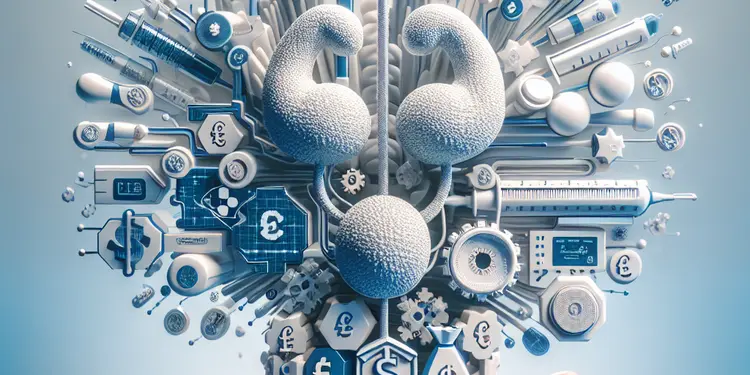
How does cryotherapy work in treating prostate cancer?
Relevance: 63%
-

Can eating vegetables and probiotics help slow prostate cancer?
Relevance: 62%
-

What role do probiotics play in managing prostate cancer?
Relevance: 62%
-

What type of research supports the role of diet in prostate cancer management?
Relevance: 62%
-

How does hormone therapy help in treating prostate cancer?
Relevance: 61%
-

Where can I find online resources for prostate cancer treatments on the NHS?
Relevance: 61%
-

Can I consult with NHS doctors online for prostate cancer?
Relevance: 60%
-

Is there an NHS app for managing prostate cancer care?
Relevance: 60%
-
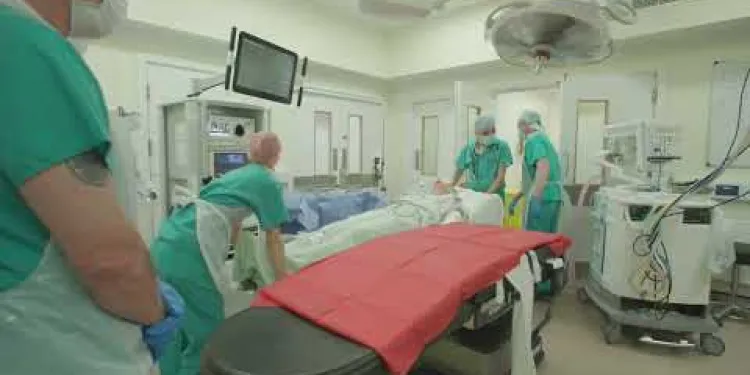
Prostate Surgery
Relevance: 59%
What causes prostate cancer?
The exact cause of prostate cancer is not fully understood, but it is believed to be a combination of genetic, environmental, and lifestyle factors. Here are some factors that may contribute to the development of prostate cancer:
- Age: Prostate cancer is more common in older men, with the risk increasing significantly after age 50. The majority of prostate cancers are diagnosed in men over the age of 65.
- Family History: Having a family history of prostate cancer increases the risk of developing the disease. Men with a father, brother, or son who has had prostate cancer are at higher risk.
- Genetics: Certain inherited genetic mutations or variations may predispose individuals to prostate cancer. Mutations in genes such as BRCA1, BRCA2, and Lynch syndrome genes have been associated with an increased risk of prostate cancer.
- Ethnicity: Prostate cancer occurs more frequently in African-American men compared to men of other racial or ethnic groups. It also tends to be more aggressive and diagnosed at a later stage in African-American men.
- Dietary Factors: Some research suggests that a diet high in red meat and high-fat dairy products and low in fruits, vegetables, and fiber may be associated with an increased risk of prostate cancer. However, more studies are needed to fully understand the role of diet in prostate cancer development.
- Obesity: Obesity has been linked to an increased risk of developing aggressive prostate cancer and experiencing poorer treatment outcomes. The exact mechanisms underlying this association are still being studied.
- Hormonal Factors: Testosterone and other male hormones (androgens) play a role in the growth and development of the prostate gland. High levels of certain hormones or changes in hormone levels may contribute to the development of prostate cancer.
- Exposure to Environmental Factors: Exposure to certain environmental factors, such as pesticides, herbicides, and industrial chemicals, may increase the risk of prostate cancer. However, the evidence linking environmental exposures to prostate cancer risk is still inconclusive.
- Lifestyle Factors: Smoking, excessive alcohol consumption, lack of physical activity, and chronic stress may also contribute to an increased risk of prostate cancer. Adopting a healthy lifestyle that includes regular exercise, a balanced diet, and stress management may help reduce the risk.
It's important to note that having one or more risk factors does not guarantee that a person will develop prostate cancer, and many men with prostate cancer have no identifiable risk factors. Additionally, not all individuals with risk factors will develop the disease. Regular screening and early detection are crucial for identifying prostate cancer in its early stages when treatment is most effective.
Why Do Men Get Prostate Cancer?
Genetics and Family History
One significant factor contributing to prostate cancer is genetics. Men with close family members who have had prostate cancer are at a higher risk. If a father or brother has been diagnosed, the likelihood of developing it increases by more than double. Moreover, certain genetic mutations, such as the BRCA1 and BRCA2 genes, are linked to increased prostate cancer risks.
Age and Its Impact
Prostate cancer is largely considered a disease of ageing; men over the age of 50 are at a much higher risk. The risk continues to increase with each passing year. Hence, regular screening and awareness become more crucial as men get older, particularly for those over the age of 65, where the incidence rate rises significantly.
Lifestyle and Environmental Factors
Diet, lifestyle, and environmental factors can also contribute to the development of prostate cancer. Diets high in red meat and high-fat dairy products and low in fruits and vegetables may increase the risk. Additionally, exposure to certain chemicals and a sedentary lifestyle are thought to be risk factors.
Hormonal Influences
Hormones like testosterone play a significant role in regulating the growth of the prostate gland. Elevated levels of testosterone can potentially accelerate the growth of prostate cells, leading to cancer. Men who have higher levels of certain hormones, or who experience hormonal imbalances, might be at a greater risk of developing the disease.
Ethnicity and Geography
Prostate cancer incidence varies globally, suggesting that ethnicity and geographical location also play roles. In the UK, men of African-Caribbean descent have higher rates of prostate cancer, possibly due to genetic and environmental differences. Conversely, men of Asian descent have comparatively lower rates.
What causes prostate cancer?
Doctors don't know exactly what causes prostate cancer. It probably happens because of a mix of genes, environment, and how we live. Here are some reasons why someone might get prostate cancer:
- Age: Prostate cancer happens more in older men. The chance goes up a lot after age 50. Most cases happen in men over 65.
- Family History: If someone in your family, like your dad, brother, or son, had prostate cancer, you have a higher chance too.
- Genetics: Some people are born with changes in their genes that make them more likely to get prostate cancer. Genes like BRCA1, BRCA2, and others can be linked to higher risk.
- Ethnicity: African-American men get prostate cancer more often than men from other groups. For them, the cancer can also be stronger and found later.
- Dietary Factors: Eating a lot of red meat and fatty dairy and not enough fruits, veggies, and fiber might increase risk. Scientists still need to learn more about food and prostate cancer.
- Obesity: Being very overweight might increase the risk of getting a more severe form of prostate cancer. Scientists are still studying why this happens.
- Hormonal Factors: Hormones like testosterone help the prostate grow. High hormone levels or changes might lead to cancer.
- Exposure to Environmental Factors: Being around certain chemicals, like those used in farming or factories, might increase risk. But scientists aren't completely sure yet.
- Lifestyle Factors: Smoking, drinking a lot of alcohol, not moving much, and being really stressed can also increase risk. Staying healthy with exercise, good food, and managing stress might help lower the risk.
Remember, having these risk factors doesn’t mean you will get prostate cancer. Some men get prostate cancer without any known reasons. Regular check-ups with the doctor are important. Finding prostate cancer early makes it easier to treat.
Why Do Men Get Prostate Cancer?
Family History
Prostate cancer can run in families. If your dad or brother has prostate cancer, you might have a higher chance of getting it too. Some changes in genes, like BRCA1 and BRCA2, can also make the risk go up.
Age
Prostate cancer usually happens to older men. Men over 50 have a higher chance of getting it. The risk gets bigger as men get older. It is important to go for check-ups, especially if you're over 65.
Diet and Lifestyle
What you eat and how you live can affect prostate cancer risk. Eating a lot of red meat and high-fat foods, and not enough fruits and vegetables, can increase the risk. Not moving around much and being around certain chemicals also might be a risk.
Hormones
Hormones like testosterone are important. If a man has a lot of any hormone, it can change how the prostate grows. This can make cancer more likely.
Ethnicity and Location
Where you live and your background matter too. In the UK, African-Caribbean men have higher chances of getting prostate cancer. Asian men often have lower chances.
Helpful Tools
If reading is hard, you can use tools like audiobooks or reading apps. They can help you understand better. Try using pictures or diagrams to make things clearer. Always ask for help if you need it.
Frequently Asked Questions
What is prostate cancer?
Prostate cancer is a type of cancer that occurs in the prostate gland, which is a small walnut-shaped gland in men that produces seminal fluid.
What causes prostate cancer?
The exact cause of prostate cancer is not known, but it involves changes in the DNA of prostate cells. Risk factors include age, family history, race, diet, and lifestyle.
Is prostate cancer common in the UK?
Yes, prostate cancer is the most common cancer in men in the UK with around 47,500 new cases diagnosed each year.
Who is at risk of developing prostate cancer?
Men over the age of 50, those with a family history of prostate cancer, and men of African-Caribbean or African descent are at higher risk.
What are the symptoms of prostate cancer?
Symptoms may include difficulty urinating, frequent urination at night, weak or interrupted urine flow, pain or burning during urination, and blood in the urine or semen.
How is prostate cancer diagnosed?
Prostate cancer can be diagnosed through a combination of PSA (prostate-specific antigen) blood tests, digital rectal examinations (DRE), biopsies, and imaging tests such as MRI or CT scans.
Can prostate cancer be prevented?
There is no sure way to prevent prostate cancer, but maintaining a healthy diet, regular exercise, and avoiding smoking may reduce the risk.
What are the treatment options for prostate cancer?
Treatment options depend on the stage of cancer and may include active surveillance, surgery, radiation therapy, hormone therapy, chemotherapy, and targeted therapy.
Is prostate cancer curable?
Prostate cancer is often highly treatable, especially when detected early. The prognosis depends on the stage and grade of the cancer, as well as the patient’s overall health.
What is a PSA test?
A PSA test measures the level of prostate-specific antigen in the blood. Elevated levels can indicate prostate cancer, but can also be due to other prostate conditions.
Do all men with high PSA levels have prostate cancer?
No, elevated PSA levels do not always indicate prostate cancer. Other conditions like benign prostatic hyperplasia (BPH) or prostatitis can also raise PSA levels.
What is the role of genetics in prostate cancer?
Genetics can play a significant role; men with a family history of prostate cancer are at a higher risk. Certain inherited gene mutations may also increase the risk.
How common is prostate cancer recurrence?
The likelihood of recurrence depends on the cancer's stage, grade, and treatment. Regular follow-ups are essential for monitoring and early detection, should cancer return.
Can a healthy lifestyle reduce the risk of prostate cancer?
Yes, a diet rich in fruits and vegetables, regular physical activity, maintaining a healthy weight, and avoiding smoking can help reduce the risk.
Where can I get more information about prostate cancer in the UK?
Reliable sources include the NHS website, Cancer Research UK, and Prostate Cancer UK, which offer comprehensive information and support resources.
What is prostate cancer?
Prostate cancer is a sickness that happens in a man's body. It starts in a small gland called the prostate.
The prostate is important for making some of the fluid in a man's body.
If something goes wrong, bad cells can grow there and make a lump.
Prostate cancer can sometimes grow and make a person very sick.
Doctors can help check for prostate cancer with simple tests.
If you or someone you know is worried, it is good to talk to a doctor.
Helpful tools:
- Visual aids: Use pictures and videos to understand more.
- Talk to a friend or family for support.
- Use a dictionary to learn new words.
Prostate cancer is a kind of cancer. It starts in the prostate gland. This gland is shaped like a small walnut. It is inside men and makes a fluid that helps make babies.
What makes prostate cancer happen?
Prostate cancer can start when something goes wrong with the cells in the prostate. The prostate is a small gland in the body of boys and men. Doctors don’t always know why this happens, but some things can make it more likely:
- Being older – most men with prostate cancer are over 50.
- Family history – if your dad or brother had it, you might get it too.
- Eating unhealthy food – like a lot of fast food.
It can help to eat healthy food, exercise, and talk to a doctor if you're worried. Reading with someone or using audiobooks can also make it easier to understand more about this.
We don't know exactly what causes prostate cancer. It happens when there are changes in the DNA of cells in the prostate. Things that might make prostate cancer more likely include getting older, having family members with the disease, being of certain races, what you eat, and how you live.
Do lots of people in the UK get prostate cancer?
Yes, prostate cancer is a very common cancer for men in the UK. Every year, about 47,500 men find out they have this cancer.
Who can get prostate cancer?
Some people have a higher chance of getting prostate cancer. These people include:
- Men who are older. Prostate cancer is more common in men over 50.
- Men with family members who had prostate cancer. If your dad or brother had it, you might get it too.
- Men who are African-American. They have a higher risk of prostate cancer.
If you're worried about prostate cancer, you can:
- Talk to a doctor. They can answer your questions.
- Learn more with simple books or videos about prostate cancer.
Men over 50, men with family members who had prostate cancer, and men who are African-Caribbean or African have a higher chance of getting prostate cancer.
What signs show prostate cancer?
Here are some signs to look out for:
- Trouble peeing
- Going to pee often, especially at night
- Pain when peeing
- Blood in pee or in semen
- Pain in lower back, hips, or upper legs
- Trouble getting an erection
If you notice any of these signs, it is important to visit a doctor. A family member or friend can help you.
You can also use picture cards or apps that make pictures to help explain how you feel.
You might find it hard to pee. You might need to pee often at night. Your pee might come out slowly or stop and start. It might hurt or burn when you pee. You might see blood in your pee or in a man's semen.
Support tips:
- Use pictures or symbols to help understand the words.
- Read with someone who can explain tricky parts.
- Take breaks if the reading feels too hard.
How do doctors find out if someone has prostate cancer?
Doctors use tests to check if a person has prostate cancer. Here’s how they do it:
- Talk to You: The doctor asks questions about how you feel and if you have any problems.
- Blood Test: A small amount of blood is taken to look for signs of cancer.
- Physical Check: The doctor might feel the prostate through the back passage to check for lumps or changes.
- Other Tests: Sometimes, doctors use special tools to take pictures or a small bit of tissue from the prostate to look for cancer cells.
If you find it hard to understand, you can:
- Ask the doctor to explain things in a simple way.
- Take a friend or family member with you to help listen and ask questions.
- Write down questions before you go to the doctor.
- Ask for pictures or diagrams to help you understand.
Doctors can find out if someone has prostate cancer in a few ways. They might use a blood test called PSA. They might also do a check with their finger, called a digital rectal examination or DRE. Sometimes, they will need to take a tiny piece of tissue to look at, which is called a biopsy. They can also take pictures inside the body with machines like MRI or CT scans to see if there is cancer.
If reading is difficult, listening to this text out loud might help. Try using audiobooks or text-to-speech tools. Also, using simple lists or pictures can make information clearer.
Can you stop getting prostate cancer?
We don't know how to stop prostate cancer for sure, but there are things that might help to lower the risk. Eating healthy foods and keeping active can be good for your body. It's important to see your doctor for check-ups. They can help you understand more about your health.
Using tools like picture stories or talking to someone can help if this is hard to understand. Ask a friend or family member for help reading if you need it.
We can't stop prostate cancer for sure. But eating healthy food, exercising often, and not smoking can help make the risk smaller.
What treatments are there for prostate cancer?
People with prostate cancer can get help from doctors. Here are some treatments:
- Surgery: A doctor can take out the cancer. They will explain how it works.
- Radiation: This uses strong rays to kill the cancer. A doctor will tell you how often it is needed.
- Medicine: Doctors give medicine to stop the cancer. They will say when to take it.
- Watchful Waiting: Sometimes doctors will just keep checking. They make sure it does not get worse.
It is important to talk to a doctor about what is best. They will explain each choice.
Ask a family member or friend to help you understand. You can use pictures or videos to learn more too.
How we treat cancer depends on how much it has grown. Here are some ways to treat it:
- Watching Carefully: The doctor checks often to see if the cancer is growing.
- Surgery: The doctor removes the cancer with an operation.
- Radiation: Special machines use rays to kill the cancer.
- Hormones: Medicine is used to stop cancer from growing.
- Chemotherapy: Strong medicine is used to kill cancer cells.
- Targeted Therapy: Special medicine finds and attacks cancer cells.
If you need help understanding, you can ask someone to read it with you, or use larger text and bright colors to see the words better. Audio tools can also be very helpful to listen to the information.
Can prostate cancer be cured?
Prostate cancer means having bad cells in the prostate, a part of the body. It can sometimes be cured, especially if found early. Doctors have different ways to help get rid of cancer, like surgery or special medicine. If you or someone you know has prostate cancer, talking to a doctor is very important.
It can help to use pictures or videos to understand better. Also, family or friends can help explain what the doctor says.
Prostate cancer can often be treated well, especially if doctors find it early. How well you do depends on how far the cancer has spread, how serious it is, and how healthy you are overall.
What is a PSA test?
A PSA test is a simple blood test. It checks for PSA, a protein made by the prostate gland. Only men have a prostate.
This test helps doctors see if there are problems with the prostate.
If you're having this test, you can ask someone to explain the results to you. You can also use pictures or diagrams to help you understand better.
A PSA test is a way to check how much of something called prostate-specific antigen is in your blood. High levels of this can mean there might be a problem with the prostate, like cancer. But it can also mean there are other issues with the prostate that are not cancer.
Do all men with high PSA levels have prostate cancer?
Not all men with high PSA levels have prostate cancer. PSA is something that can be in the blood. High levels can happen for different reasons.
It is important to talk to a doctor. They can help find out more.
If you find reading hard, you can ask someone you trust to explain it to you. You can also use tools like audiobooks or text-to-speech apps.
No, having high PSA levels doesn't always mean you have prostate cancer. Other things, like a big prostate that isn't cancer (called BPH) or a swollen prostate (called prostatitis), can also make PSA levels go up.
How do genes affect prostate cancer?
Your genes can play a big part. If a man's family has a history of prostate cancer, he might be more likely to get it too. Some changes in genes that are passed down from parents can also make the risk higher.
How often does prostate cancer come back?
The chance of cancer coming back depends on how serious it is, what kind it is, and how it was treated. Going to the doctor for check-ups is really important to see if the cancer comes back and to catch it early.
Can living healthy help stop prostate cancer?
Living a healthy life can help lower the chance of getting prostate cancer. Here are some easy ways to be healthier:
- Eat well: Try to eat lots of fruits and vegetables.
- Stay active: Exercise by walking, running, or playing sports.
- Don't smoke: Smoking can be bad for your health.
- Visit the doctor: Regular check-ups are important.
You can also ask someone you trust for help or use pictures and videos to learn more. Remember, small changes can make a big difference!
Yes, eating lots of fruits and vegetables is good for you. Moving your body often is important too. Keeping your body at a healthy weight and not smoking also help you stay healthy.
If reading is hard, you can use tools like audiobooks to help read stories aloud. Ask someone for help if you find difficult words.
How can I learn more about prostate cancer in the UK?
If you want to learn more about prostate cancer, you can:
- Visit a doctor or nurse. They can tell you more.
- Look at websites like the NHS website or Prostate Cancer UK. They have good information.
- Call a helpline. People there can help answer your questions.
It's also helpful to talk to someone you trust, like a family member, when learning new things.
Good places to find information are the NHS website, Cancer Research UK, and Prostate Cancer UK. They have lots of good information and help.
Useful Links
This website offers general information and is not a substitute for professional advice.
Always seek guidance from qualified professionals.
If you have any medical concerns or need urgent help, contact a healthcare professional or emergency services immediately.
Some of this content was generated with AI assistance. We’ve done our best to keep it accurate, helpful, and human-friendly.
- Ergsy carfully checks the information in the videos we provide here.
- Videos shown by Youtube after a video has completed, have NOT been reviewed by ERGSY.
- To view, click the arrow in centre of video.
- Most of the videos you find here will have subtitles and/or closed captions available.
- You may need to turn these on, and choose your preferred language.
- Go to the video you'd like to watch.
- If closed captions (CC) are available, settings will be visible on the bottom right of the video player.
- To turn on Captions, click settings .
- To turn off Captions, click settings again.
More Items From Ergsy search
-

Why do men get prostate cancer?
Relevance: 100%
-

What is Prostate Cancer?
Relevance: 82%
-

Living with prostate cancer
Relevance: 80%
-

Am I more at risk of prostate cancer?
Relevance: 79%
-

Is BPH the same as prostate cancer?
Relevance: 75%
-

Treating prostate cancer
Relevance: 75%
-

Prostate cancer diagnosis and tests
Relevance: 74%
-

What are PSA levels? - Prostate Cancer
Relevance: 73%
-

How is prostate cancer treated?
Relevance: 72%
-

Prostate cancer symptoms - detecting them early
Relevance: 71%
-

Does BPH increase the risk of prostate cancer?
Relevance: 71%
-

Is focal therapy an option for prostate cancer?
Relevance: 70%
-

What are the side effects of prostate cancer surgery?
Relevance: 69%
-

Does Abiraterone cure prostate cancer?
Relevance: 69%
-

When is chemotherapy used for prostate cancer?
Relevance: 69%
-

Can prostate cancer recur after treatment?
Relevance: 69%
-

What is active surveillance in prostate cancer treatment?
Relevance: 68%
-

Can Abiraterone be used for early-stage prostate cancer?
Relevance: 68%
-

How is advanced prostate cancer treated?
Relevance: 67%
-

What is the role of immunotherapy in prostate cancer treatment?
Relevance: 67%
-

How does surgery treat prostate cancer?
Relevance: 66%
-

Can lifestyle changes complement prostate cancer treatment?
Relevance: 65%
-

Breakthrough in Cancer Treatment Offers Hope for Prostate Cancer Patients
Relevance: 65%
-

Are there clinical trials available for prostate cancer treatment?
Relevance: 64%
-

Can prostate cancer be treated with targeted therapy?
Relevance: 63%
-

What factors determine the treatment plan for prostate cancer?
Relevance: 63%
-

Hormone Therapy for prostate cancer
Relevance: 63%
-

Does the NHS offer an online hospital for prostate cancer?
Relevance: 63%
-

Are there specific vegetables that are more effective against prostate cancer?
Relevance: 63%
-

Are there online support services for prostate cancer patients on the NHS?
Relevance: 63%
-

Can eating vegetables help slow the progression of prostate cancer?
Relevance: 63%
-

How does cryotherapy work in treating prostate cancer?
Relevance: 63%
-

Can eating vegetables and probiotics help slow prostate cancer?
Relevance: 62%
-

What role do probiotics play in managing prostate cancer?
Relevance: 62%
-

What type of research supports the role of diet in prostate cancer management?
Relevance: 62%
-

How does hormone therapy help in treating prostate cancer?
Relevance: 61%
-

Where can I find online resources for prostate cancer treatments on the NHS?
Relevance: 61%
-

Can I consult with NHS doctors online for prostate cancer?
Relevance: 60%
-

Is there an NHS app for managing prostate cancer care?
Relevance: 60%
-

Prostate Surgery
Relevance: 59%


